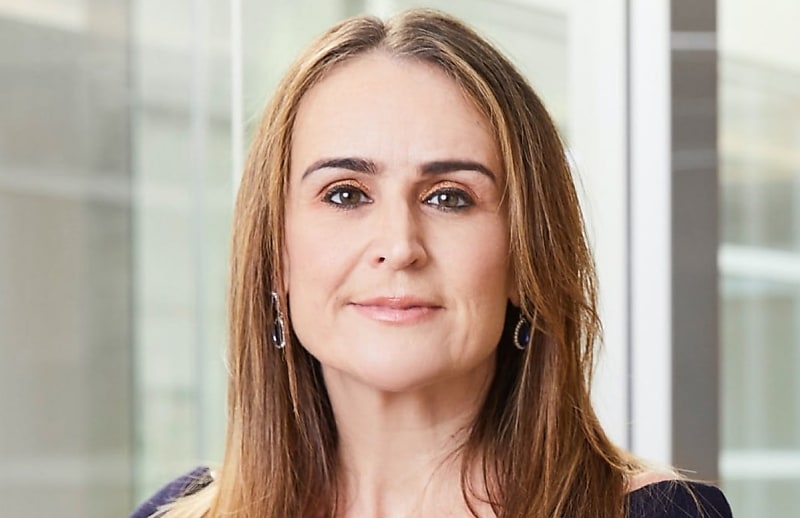SMC warns against handing low-income Aussies CSLR bill
SuperThe Compensation Scheme of Last Resort levy for FY2027 has been estimated at a whopping $137.5 million, urging the Super Members Council to call for protection of low- and middle-income Australians.

Following the reveal of the Compensation Scheme of Last Resort (CSLR) initial levy estimate for FY2027, the Super Members Council (SMC) is urging that the bill not be passed onto Australians already grappling to keep their head above water.
The estimate for the upcoming financial year was calculated at $137.5 million and would be used to facilitate the CSLR processing 912 claims.
However, this estimate could be set to change come June 2026, as the expected amount for the personal financial advice sub-sector exceeded the $20 million sub-sector cap.
According to CSLR chief executive, David Berry, the revised estimate would allow the CSLR to request a special levy for the FY2027 period after 1 July 2026.
“The rate and scale of firm failures aren’t slowing. The number of impacted consumers continues to rise, and the proportionate negative impact caused by a relative few remains significant,” he said.
“Right now, it’s anticipated that the FY2027 revised levy estimate may be higher than the estimate published today.”
Based on the exorbitant estimate, which was subject to further increase, SMC expressed concern for low to middle-class Australians having to absorb this cost.
The CSLR was created to compensate victims of financial misconduct as a last resort after all other options to recover money had been exhausted.
The SMC’s point of concern came from the key design principle of the scheme that parts of the financial services system from which the consumer harms had arisen would bear that cost.
Another contentious factor of the recent CSLR estimate was that it did not include the impact of Shield and First Guardian, which was predicted by SMC to eventually “overwhelm the scheme”.
The peak super body was concerned for its members, and other members of super funds, who may be required to use the money they’ve kept aside to absorb this cost.
“Profit-to-member super funds are tightly regulated. They must keep money aside for emergencies and follow strict rules to protect their members,” SMC said.
“The answer to the Shield and First Guardian collapses is not to send the bill for those risks to millions of everyday Australians in the mainstream super system. Spreading excess costs across unrelated sub‑sectors would embed and escalate moral hazard.”
“If highly regulated parts of the system foot the bill for misconduct elsewhere, it is likely to escalate risky behaviour, weaken accountability, and make some consumers pay twice.”
To tackle the potential incoming problem, SMC proposed that the government should strengthen the fairness and integrity of the CSLR scheme by ruling out cross-subsidisation of CSLR excess costs by APRA-regulated superannuation trustees.
It was also suggested to re-establish the CSLR as a true scheme of last resort by:
-
Removing retrospective elements and setting clear guardrails for any special levy.
-
Pursuing targeted government funding for legacy cases where necessary to reset the scheme.
-
Driving regulatory fixes such as anti‑hawking, platform oversight, conflict management, subrogation/recovery.
Misha Schubert, SMC chief executive, said the peak super body reiterated its call for stronger consumer protections to ensure the bill for CSLR compensation did not continue to mount.
“It’s crucial to close the door to stop consumer harms like these in the first place. Prevention is always better than clean up,” she said.
“It’s just not fair to ask 12 million low and middle-income Australians in the highly regulated super system to pay for compensation for other parts of the financial services system.”




